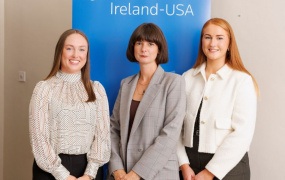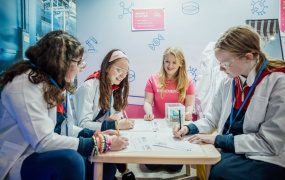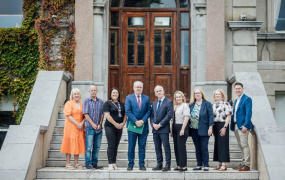Bachelor of Education – Primary Teaching (MI005/MI006)
CAO Round 1 Pts 2025: 484/444 (Gaeltacht)
Duration : 4 years full-time
Places Offered: 435 approx.
Location: MIC Limerick
Lecture Hours: 19 approx.
Tutorial Hours: 4 approx.
Assessment:
Mixed but may include presentations, portfolios, exams, group-work, poster presentations, case studies, lesson plans, objective tests, problem-based learning and essays.
- Programme Overview
- Programme Content
- Specialisms
- Entry Requirements
- Ask a Question
Programme Overview
The Bachelor of Education is a four-year, full-time, honours degree (Level 8) designed to qualify students to teach in primary schools. Accredited by the Teaching Council, it seeks to equip participants with the competence to teach at all levels of the primary school. Reflecting the College's well-established reputation for excellence in teacher education, this programme enables students to examine their role as a learner, a teacher, a researcher and a leader. It comprises of on-campus study and school placement, and also gives students the opportunity to specialise in specific areas in education or the liberal arts. Insightful and challenging, the B Ed programme will prepare you for a varied and rewarding career as an educator.
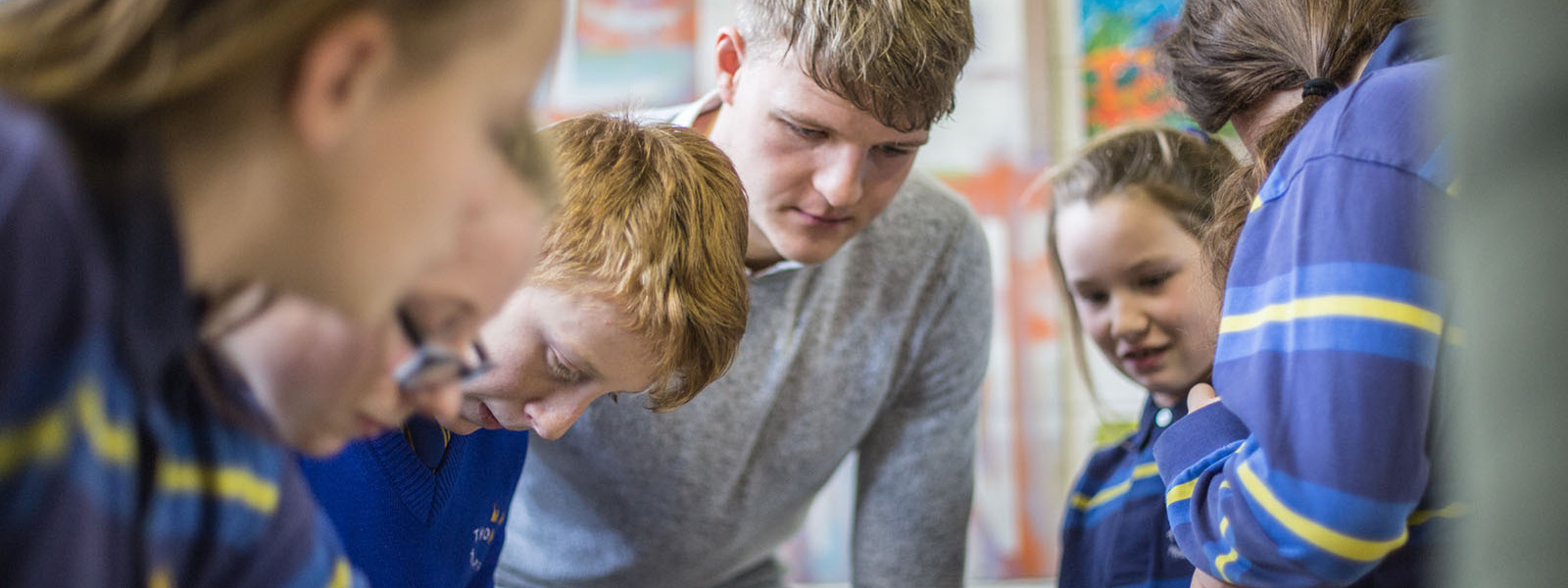
Modules
The B Ed programme blends subject-specific teaching methods with modules interrogating contemporary issues in education.
The programme is designed to facilitate student choice in pursuing areas of personal interest and every student will choose a specialism which comprises three dedicated modules in this area of interest in Years 3 and 4.
Gaeltacht Courses
All Bachelor of Education students are required to attend two residential placements in the Gaeltacht as part of the programme – Tréimhse Foghlama sa Ghaeltacht 1 agus 2. Tréimhse Foghlama sa Ghaeltacht 1 is taken in Year 1 of the programme and Tréimhse Foghlama sa Ghaeltacht 2 in Year 3. Each placement lasts two weeks.
The cost of these placements is funded by the Department of Education. Each of these modules is graded with an examination in oral Irish. Students will take an examination in oral Irish after completing the first placement at the end of their first year of initial teacher education. Students must pass this examination in order to continue to the second year of the programme. A repeat of the examination in oral Irish test is provided by the College. All Bachelor of Education students must have completed the two Gaeltacht placements successfully before entering year four of the programme.
Professional Placement & Study Abroad
The professional placement element of the programme is designed to meet the Teaching Council’s requirements, and students will spend approximately 30 weeks in primary schools during the programme. This period will allow students to engage in observation, class-based and whole-school teaching and learning activities. Working in partnership with schools, the placements are designed to enable students to experience all class levels and a range of school types, and the student is guided and empowered along his/her learning-to-teach journey.
Semester 5 of the B Ed programme offers students the opportunity to study abroad. Students are encouraged to spend this semester in another country so that they can experience and understand the education systems and policies of other countries and, in the case of placements in continental Europe, improve their foreign language skills. Among the many benefits of studying abroad are:
- Enriching a primary degree with a global perspective;
- Developing independent thinking and resilience; and
- A distinctive CV displaying adaptability, cultural awareness, and risk-taking, all essential attributes in today’s workplace.
Students can study abroad at one of MIC's partner universities, which is a safe and well-supported means of gaining valuable international experience. Financial assistance from the ERASMUS+ programme is currently available to students who study in an EU State. European study destinations for B Ed students currently include universities in Austria, Belgium, the Netherlands and Spain. Study abroad opportunities at North American and Australian universities are also a very popular option. MIC has exchange partnerships with universities across the USA.
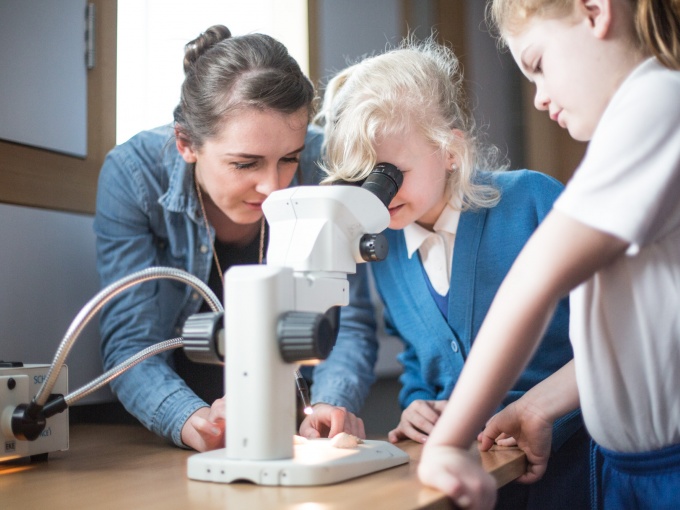
Career Opportunities
The Bachelor of Education Honours Degree is designed to qualify students to teach in primary school. This University of Limerick accredited degree is an internationally recognised qualification and was the first programme of its kind to be accredited by the Teaching Council of Ireland. The course promotes the personal and intellectual development of students, while providing the professional and academic foundation for a career in teaching.
Scholarships
Undergraduate Entrance Scholarships
Each year, Mary Immaculate College awards up to 50 Undergraduate Entrance Scholarships across all undergraduate programmes valued at €2,000 each, on the basis of results obtained in the Irish Leaving Certificate Examination.
Further information about Undergraduate Entrance Scholarships available here.
Ashling Murphy Scholarship
We are delighted to honour the memory of Ashling Murphy by introducing a new scholarship in her name in recognition of her talents and love of traditional Irish music. The scholarship, valued at €4,000 and jointly awarded by MIC and the INTO, is restricted to B Ed applicants only and will be awarded on the basis of the applicant’s exceptional achievements and talent in the field of traditional Irish music.
Further information about the Ashling Murphy Scholarship available here.
- Programme Overview
- Programme Content
- Specialisms
- Entry Requirements
- Ask a Question




